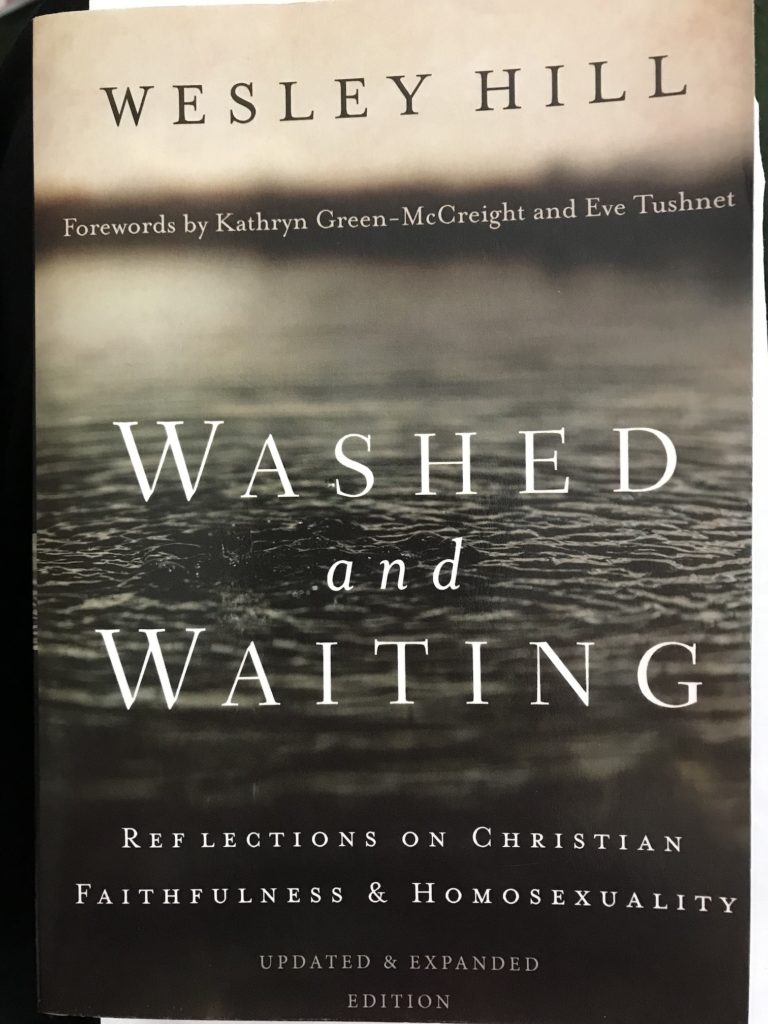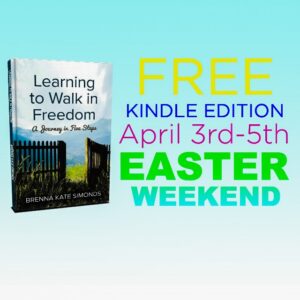“Washing & Waiting, Updated Edition” is book #23 of books read in 2020.

I listened to this book several years ago, as many of the guys in the ministry I lead recommend it. We just read it in one of our groups, and so I read the updated version.
I’ll start with the positive. Wesley Hill is extremely honest! If you’re looking for a book where your feelings of loneliness and intense struggle are validated, look no further! I think one of the reasons so many people like this book (David Bennett mentions it in his book) is the brutal honesty and vulnerability with which Hill writes.
By the way, Wesley if you read this review, 2 of my cousins and 1 of their husbands go to seminary where you teach 🙂
Each chapter reads like a long psalm of lament. Hill shares transparently about many of his struggles! He eventually comes around to the hope that Christ has to offer believers who seek to walk in obedience as it pertains to their same-sex attraction.
Hill is absolutely spot on concerning one thing: the life of those who are same-sex attracted can be very, very lonely. One of the things I appreciate the most about this book is his talk about community and how the church needs to rise up and surround those who are living celibate lives in the midst of their struggles with sexuality. I think the church likes to pat people like Hill on the back and say, “Good for you for walking in obedience” and leave it at that.
The antidote to this is to be part of intentional community, whatever that might look like for each individual. What the same-sex attracted or gay celibate Christian really needs is the church to surround them and invite them into their daily lives. I’m not talking about just having someone in your small group; I’m talking about having them over for Sunday dinner and maybe Monday dinner and Tuesday dinner as well. I have a friend who is same-sex attracted, and she lives with a family. I think that’s an awesome idea! I see from Wesley Hills’ Instagram that he is a godfather. Fantastic! This is exactly how the church should be being intentional about including all single people in everyday life.
All that said, I found the book to be rather depressing. OK, really depressing. I will say as someone who struggles with hopelessness, it was difficult for me to get past the depths of despair that Hill describes. He also (like many others his age) does not seem to believe that transformation is possible in his sexuality (which I expected). But I see a couple other reasons the book felt depressing to me:
The first thing I see is that Hill seems to buy into what Russell Willingham refers to as “romantic orthodoxy.” Willingham defines this as a belief that “romance or sex will meet my deepest needs.” Hill eventually comes around to the truth that only Jesus can meet these needs in all of us, but it seems clear to me in how he views marriage and romantic relationships and how often he comes back to this belief that this is truly a core belief he holds (you can read more about core beliefs in Willingham’s book or in my book Learning to Walk in Freedom).
The second thing I see is that Hill seems to believe same-sex attracted Christians are uniquely lonely. Loneliness is a core theme throughout the book. Hill seems to fail to recognize that many opposite-sex attracted Christians never find a spouse (I can think of many in my circle of friends), that some Christians are stuck in unhealthy marriages that (I believe) are likely far more lonely than singleness, and that many others are lonely for a whole host of reasons.
All that said, I can absolutely see why this book is a good starting point for many same-sex attracted and gay Christians. That said, I feel “The War of Loves” by David Bennett or “Born Again This Way” are better reads in this genre of books in the category of same-sex attraction being a fixed orientation/books that lean away from transformation being possible.
This post contains affiliate links. Read the policy here.



































